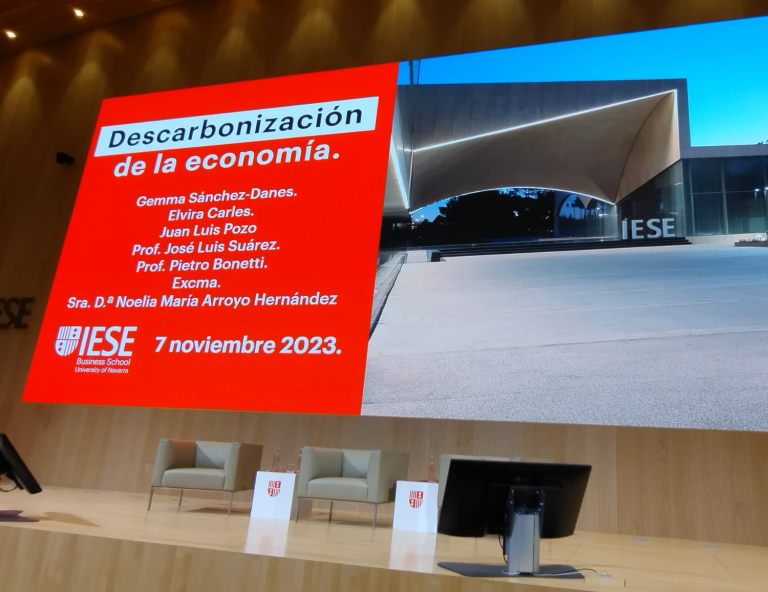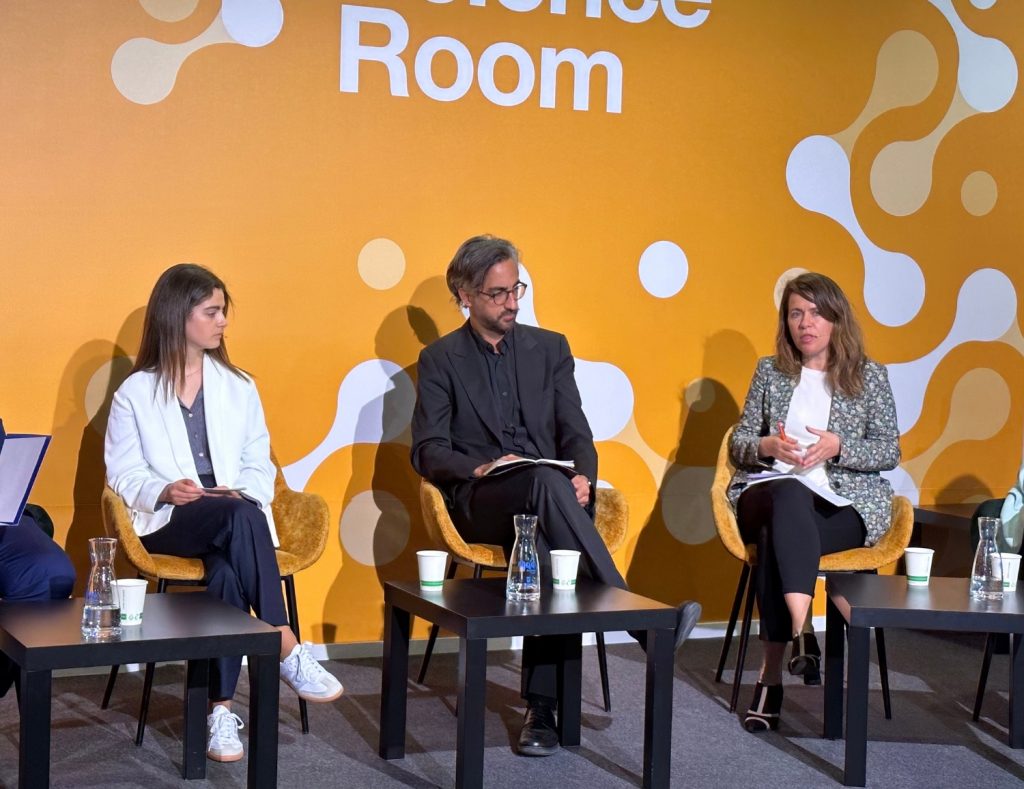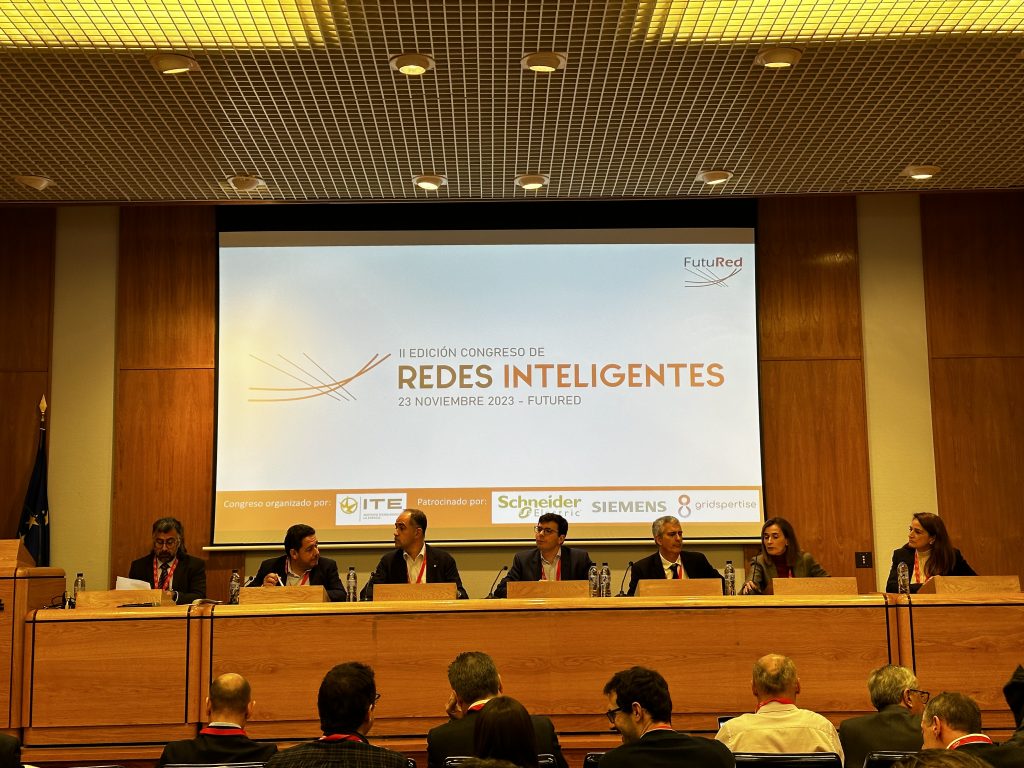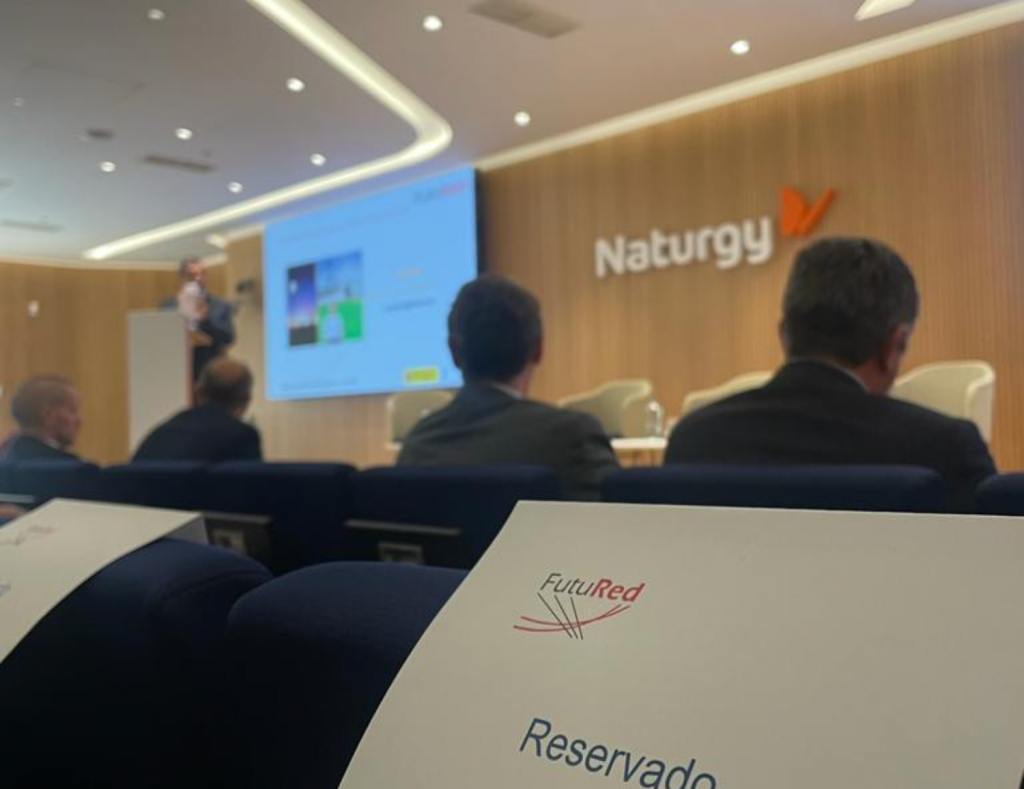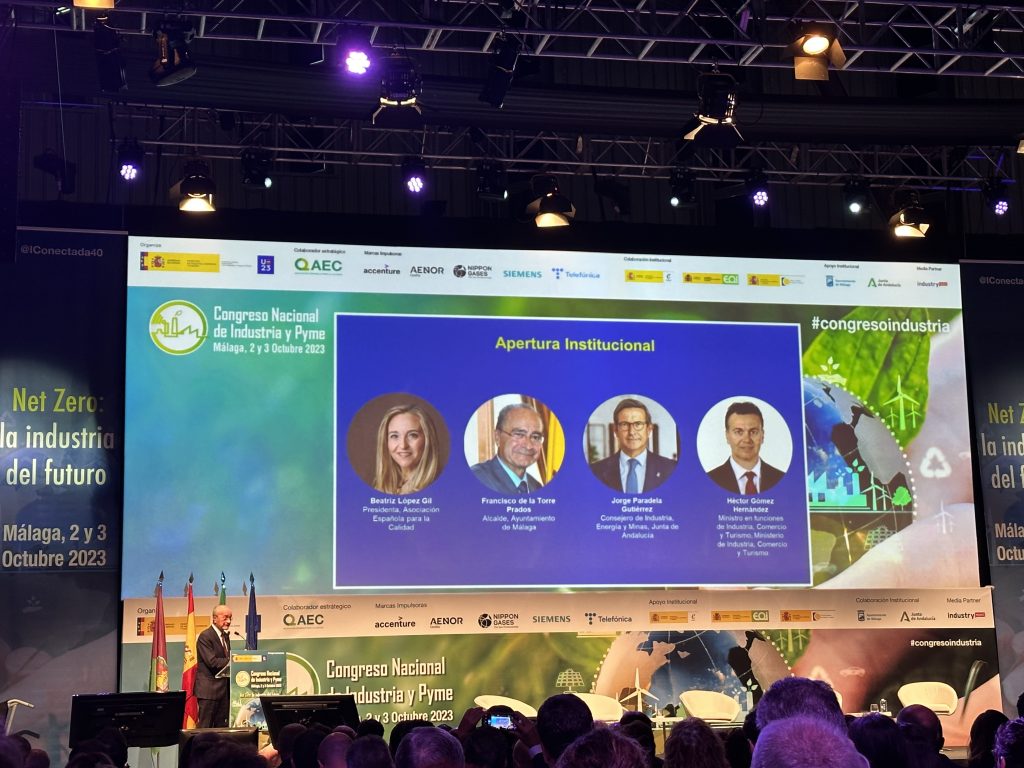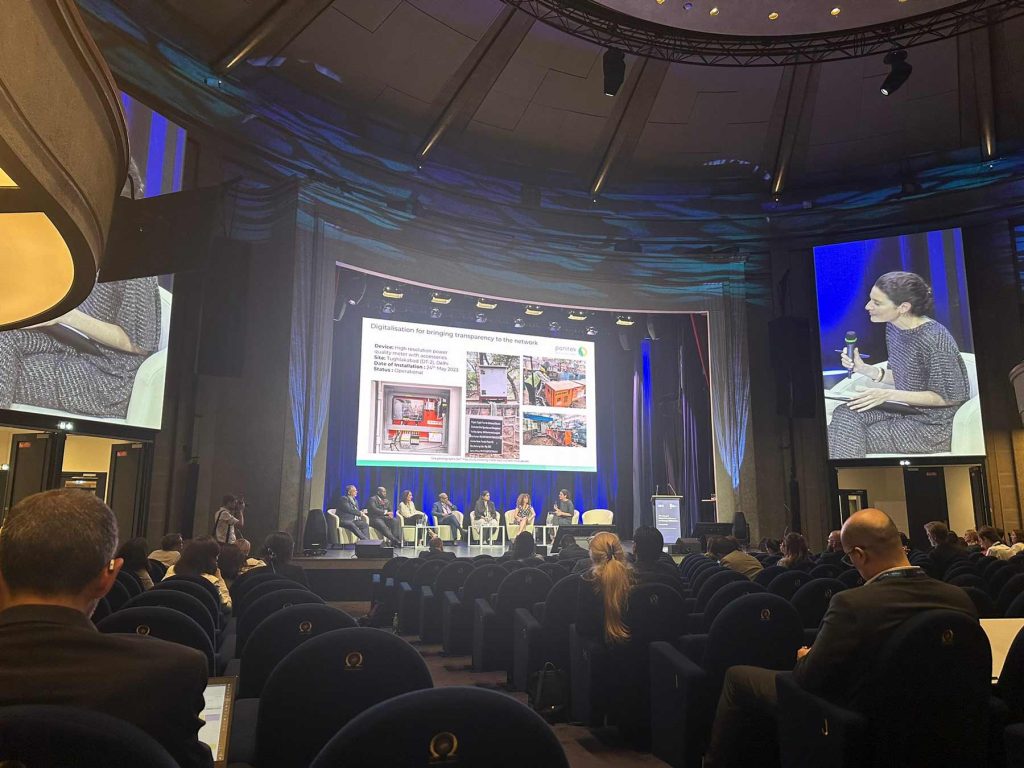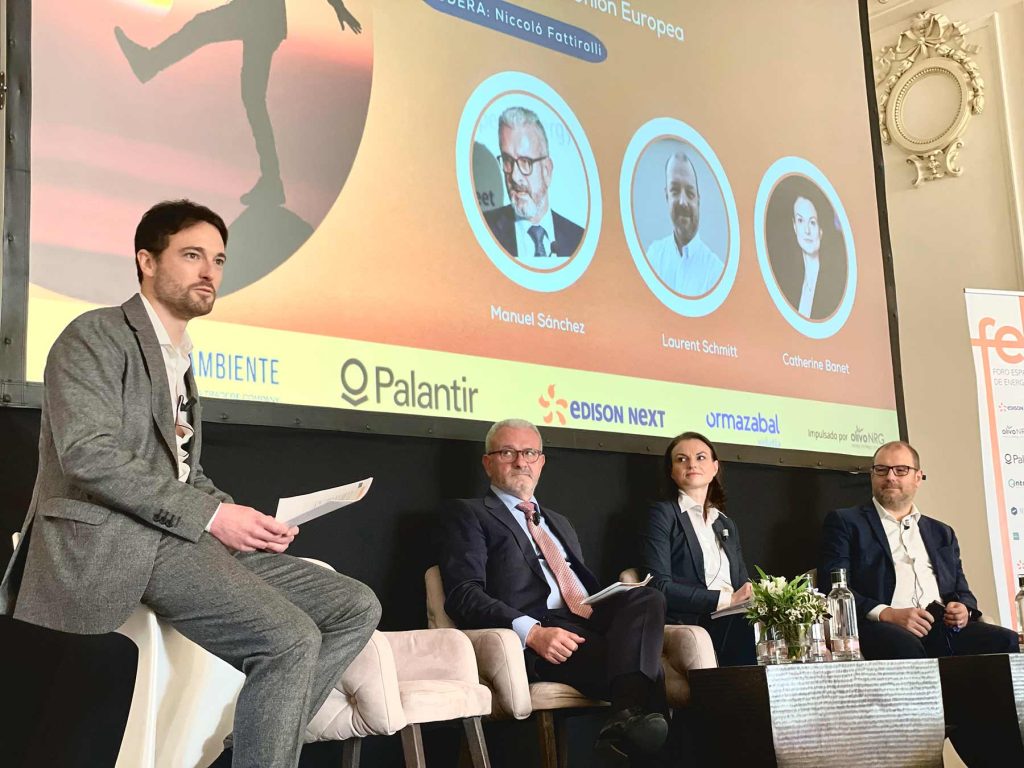Last November 7, the Instituto de Estudios Superiores de la Empresa (IESE) hosted a landmark event that addressed the decarbonisation of the economy and its impact on business.
The event brought together sustainability experts, business leaders and academics from around the world to explore the implications of European directives and regulations on the business landscape.
One of the key issues at the event was how European directives and regulations are transforming the way companies operate. As Professor Pietro Bonetti noted: ‘Europe is leading the way in mandatory environmental, social and governance reporting, and this trend is changing the business dynamics”.
A recently adopted guideline in January 2023 is the Corporate Sustainability Reporting Directive, which is intended to encourage mandatory ESG disclosure. This poses a challenge for companies, as it requires more effort in collecting and presenting data showing their commitment to sustainability.
Another key aspect of the event was the urgent need to halt the loss of biodiversity. Speakers highlighted that more than 30-40% of agricultural systems need reforms to mitigate negative impacts on biodiversity and climate change.
Presentation of the report ‘Informe de Situación de las emisiones de CO₂ en el mundo. Año 2021’
Elvira Carles, Director of the Fundación Empresa y Clima, was in charge of presenting the ‘Status Report on CO₂ emissions in the world. Year 2021’ ellaborated by the Foundation which that left us with some very interesting data.
The global emissions situation is a critical factor in the fight against climate change.
China stands out as the largest emitter with more than 30% of all emissions worldwide, followed closely by the United States and India. Together, these three countries are responsible for more than 50% of total emissions.
Despite the downward trend between 2019 and 2021, emissions continue to be a significant challenge, especially in diffuse sectors such as transportation, which exceeds in emissions the energy industry in Spain, for instance.
Variability in emissions, often influenced by weather conditions such as wind, adds to the complexity of addressing this global challenge. Mongolia, for example, emits significantly due to the failure to properly shut down oil and gas wells, what makes clear that international cooperation becomes essential to address this problem effectively.
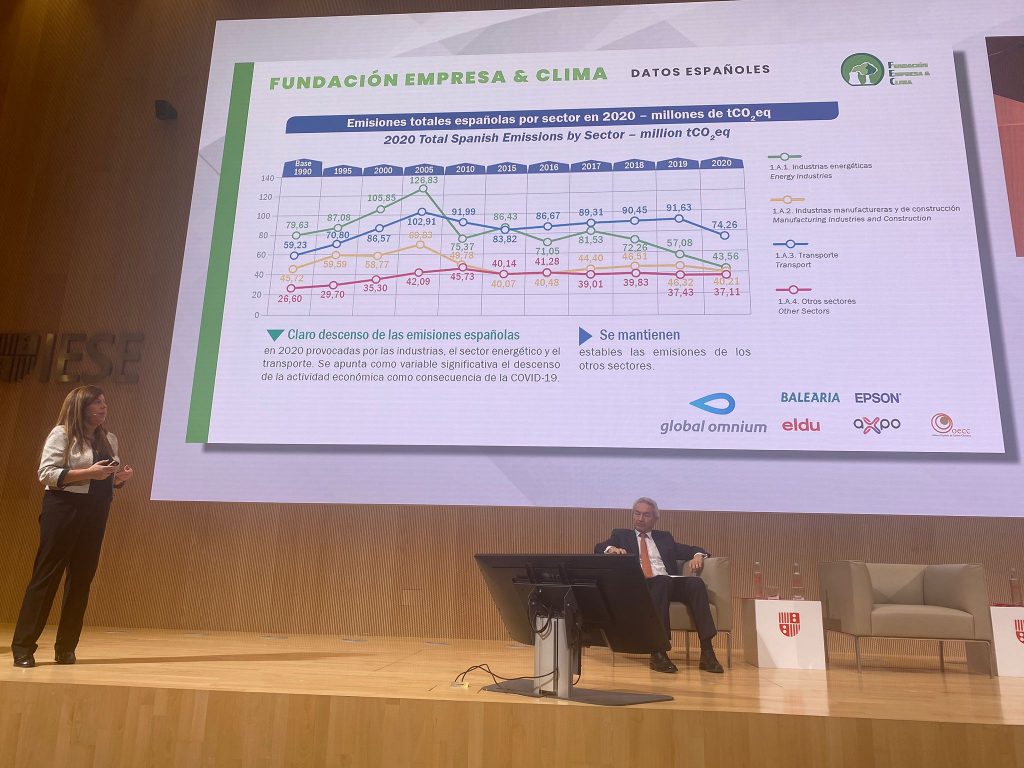
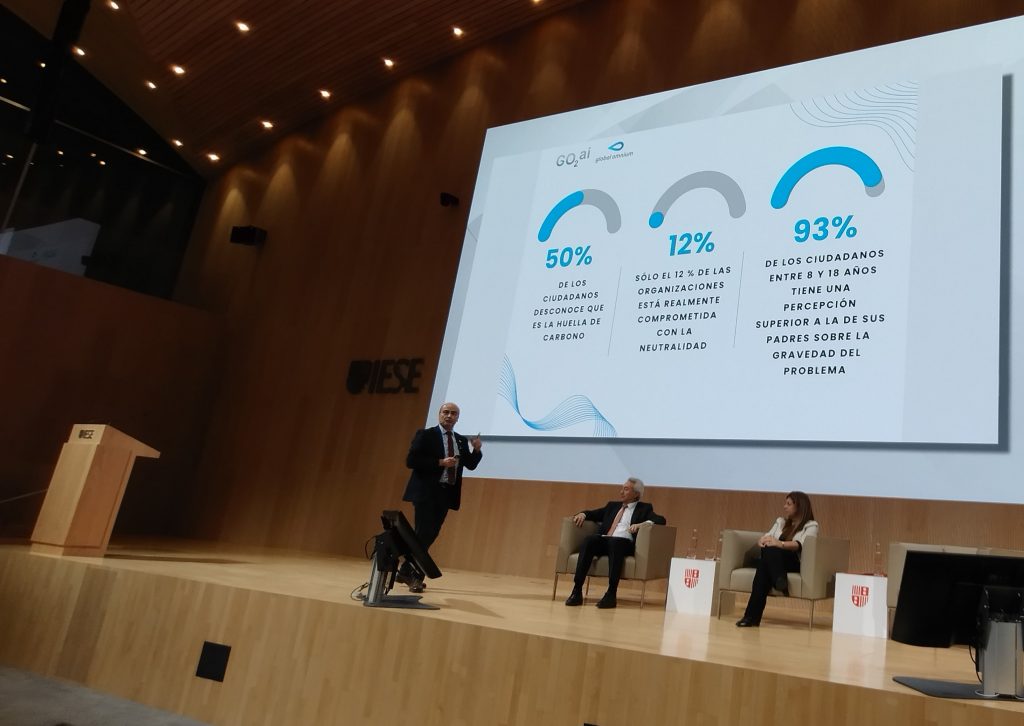
Juan Luis Pozo, Chief Sustainability Officer, Global Omnium, highlighted the importance of awareness and commitment to sustainability issues. Surprisingly, only 50% of the population knows their carbon footprint and only 12% of organizations are truly committed to promoting sustainable practices.
Del Pozo stressed as well the fact that 118% of young people perceive that companies are doing a bad job and that ‘greenwashing’ is now common practice.The European Union is moving and implementing regulations to encourage product competitiveness through “green taxonomy,” which represents an opportunity for companies. However, to gain the trust of the next generation, it is essential to rigorously measure the impact of activities and demonstrate a real commitment to sustainability, as young consumers are willing to support companies that align with their environmental values.
In conclusion, the conference shed light on the urgent need to invest in biodiversity and nature as an integral part of the sustainability strategy. However, legitimate concerns were raised about the lack of effective accountability mechanisms on the path to emission reductions. The implementation of green taxation was presented as a crucial tool to achieve significant progress. It is clear that, as a society, we are still far from meeting the 55% emissions reduction target for 2030 moreover when the European Union has set an even more ambitious standard for the next COP in Dubai where 62% will be set.
“A key point was adressed at this conference: to achieve these goals, it is essential to get it right from the start properly, recording the base year of reductions. It is ver important to calculate accurately the carbon footprint and registering it at the Ministry. Recording investments in renewable energy is essential to be recognized as actual emission reductions in government registries” comented Alicia Carrasco, CEO of olivoENERGY.
To close the conference Noelia Arroyo, Mayor of Cartagena, provided a local perspective, addressing the path towards neutrality and the role of cities in combating climate change.
____________________

